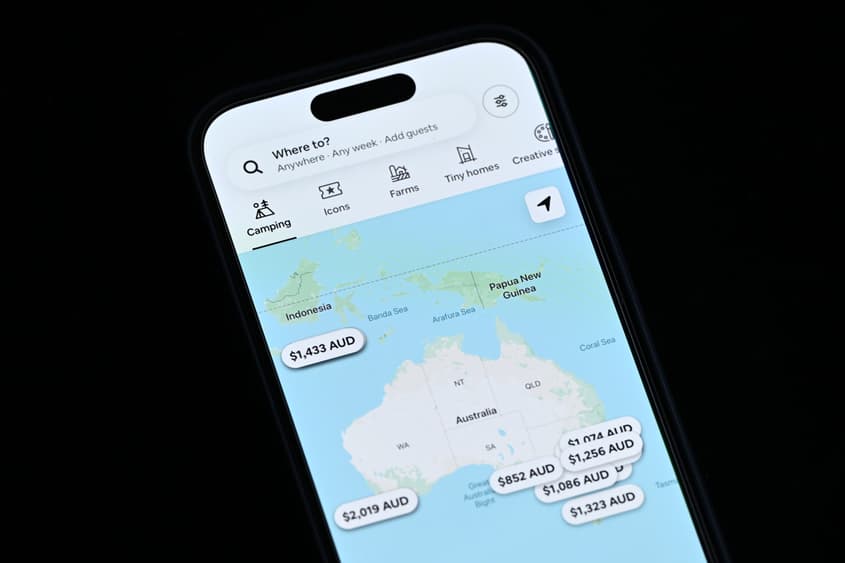Mon 27 Oct 2025 00.00

Photo: AAP Image/Joel Carrett
Australia is in the grip of a housing crisis. Families are being pushed out of their communities. Essential workers can’t afford to live near their jobs. More people than ever are facing rental stress, insecurity, or homelessness.
Yet at the same time, our tax system is showering subsidies on property investors. Tax breaks like negative gearing and capital gains tax breaks have become a symbol of how unfair our housing system has become. They fuel price growth, reward speculation, and divert public money away from the homes people actually live in.
A recent report from Everybody’s Home shows how far these distortions now reach. Every year, hundreds of millions of dollars are claimed by investors who have taken homes out of the rental market altogether and turned them into Airbnbs and other short-stays. These tax breaks are often justified on the grounds that they encourage rental supply. Instead, they are subsidising holiday houses and tourist apartments that sit empty for much of the year and do nothing to help renters.
This is not an isolated problem. It’s a symptom of our broader system of investor tax concessions. A country that spends billions rewarding people for owning multiple properties, while renters go without secure housing, has its priorities backwards. A fair tax system should direct public resources to homes for people, not profits for investors.
Even on conservative assumptions, our modelling shows the public is losing more than $100 million each year to negative gearing on short-stay rentals. In higher scenarios, the cost blows out to more than half a billion dollars. That’s money that could be used to build public and community housing instead of propping up speculation and short-stay rentals.
The unfairness is glaring. Renters are forced to accept unaffordable rents while investors claim deductions for properties that have been removed from the rental market altogether. Governments spend record sums on housing tax handouts but barely invest in the affordable homes that Australia desperately needs.
That’s why the Federal Government must act. Some states have started to move. Victoria has introduced a levy on short-stay platforms, and New South Wales is exploring ways to bring more homes back into the rental pool. But without national tax reform, they’re fighting with one arm tied behind their back.
Fixing short-stay deductions should be the beginning, not the end, of reform. Australia’s entire system of investor tax breaks needs to be phased out and replaced with a big investment in public and community housing. Ending deductions for short-stays is a logical first step.
Ending negative gearing deductions for short-stay properties would be a fair and obvious first step. It would bring tax policy into line with what its defenders claim it does: supporting long-term rental housing. And it would mark the beginning of a broader shift toward fairness, away from policies that inflate prices and towards ones that expand supply.
Predictably, defenders of these concessions have argued that removing them for short-stays would achieve little. They claim most of these homes would never be available to renters anyway, and that they are permanent holiday houses. But if that’s true, then ending the subsidies won’t harm the market and will save hundreds of millions in public money. Taxpayers will stop footing the bill for holiday homes.
And if they’re wrong – if these tax breaks are what’s keeping so many homes tied up in short-stay listings – then ending them will bring those homes back into the rental market. Either way, Australia wins.
Our tax system should serve the public, not subsidise speculation. Reforming investor tax breaks would be fair, responsible, and is long overdue. It would send a clear signal that our housing system should put people before profits, and that in a country as wealthy as Australia, we can and must do better than using public money to fund empty holiday homes while millions struggle to find somewhere to live.
Maiy Azize is the spokesperson for Everybody’s Home, a campaign to end Australia’s housing crisis. Maiy is also the Deputy Director of Anglicare Australia, a network of welfare and caring organisations linked to the Anglican Church.